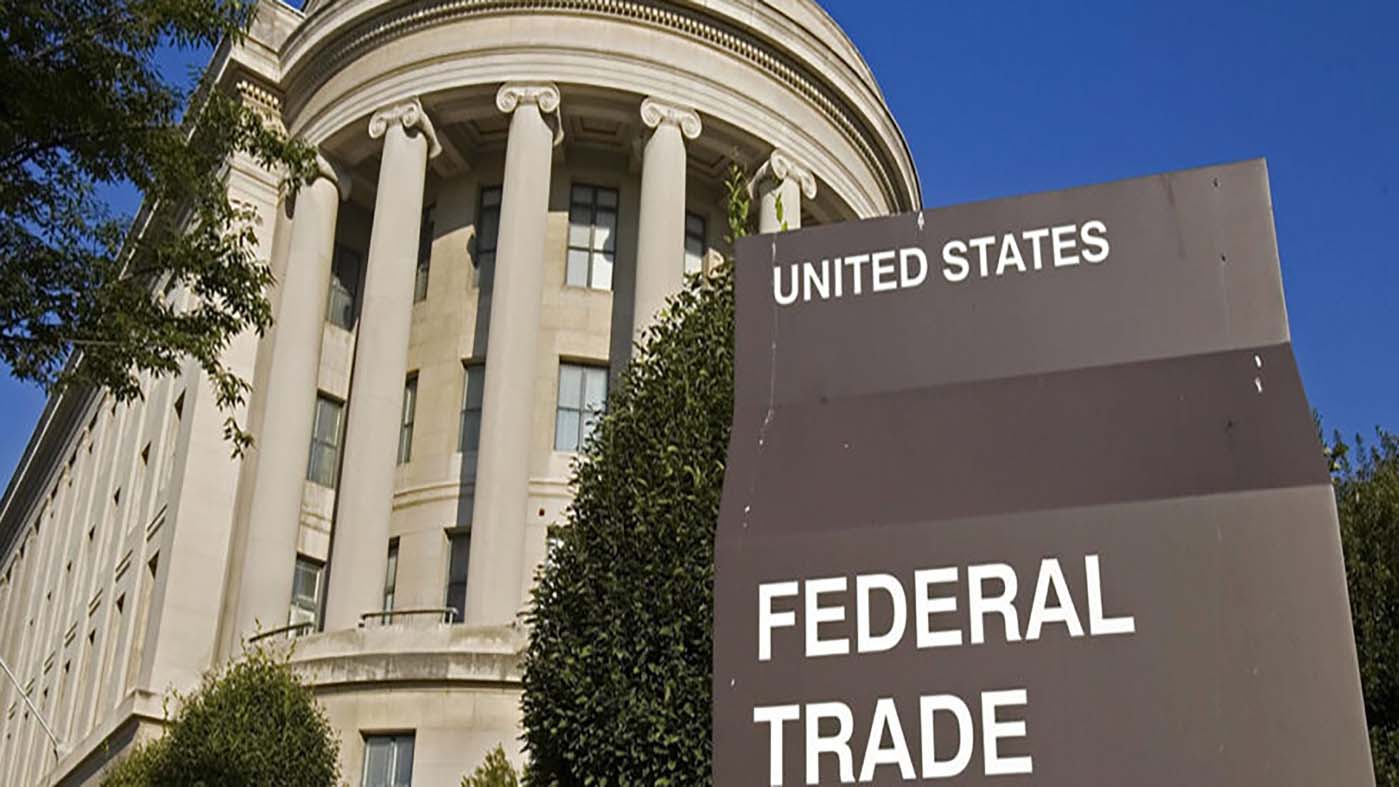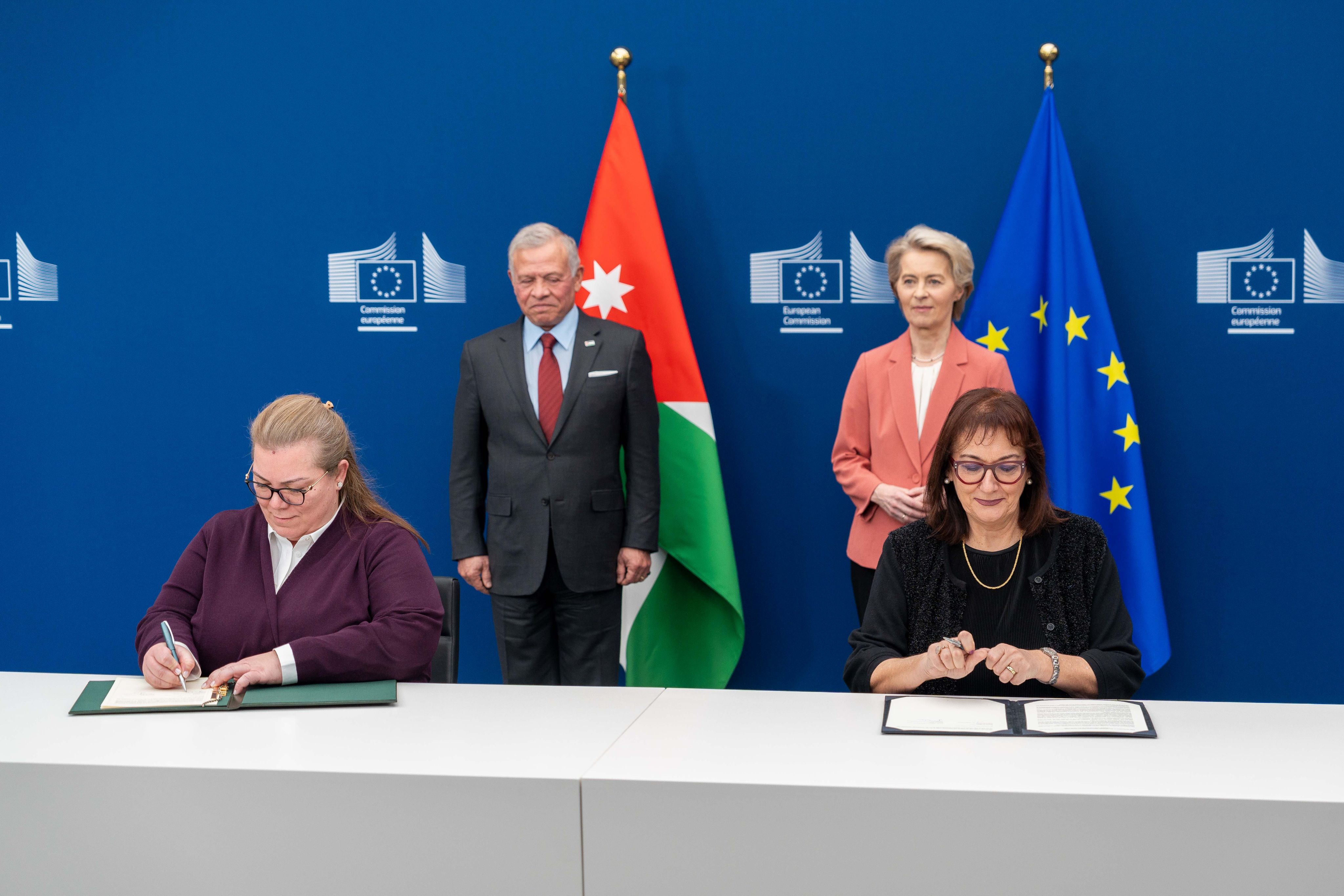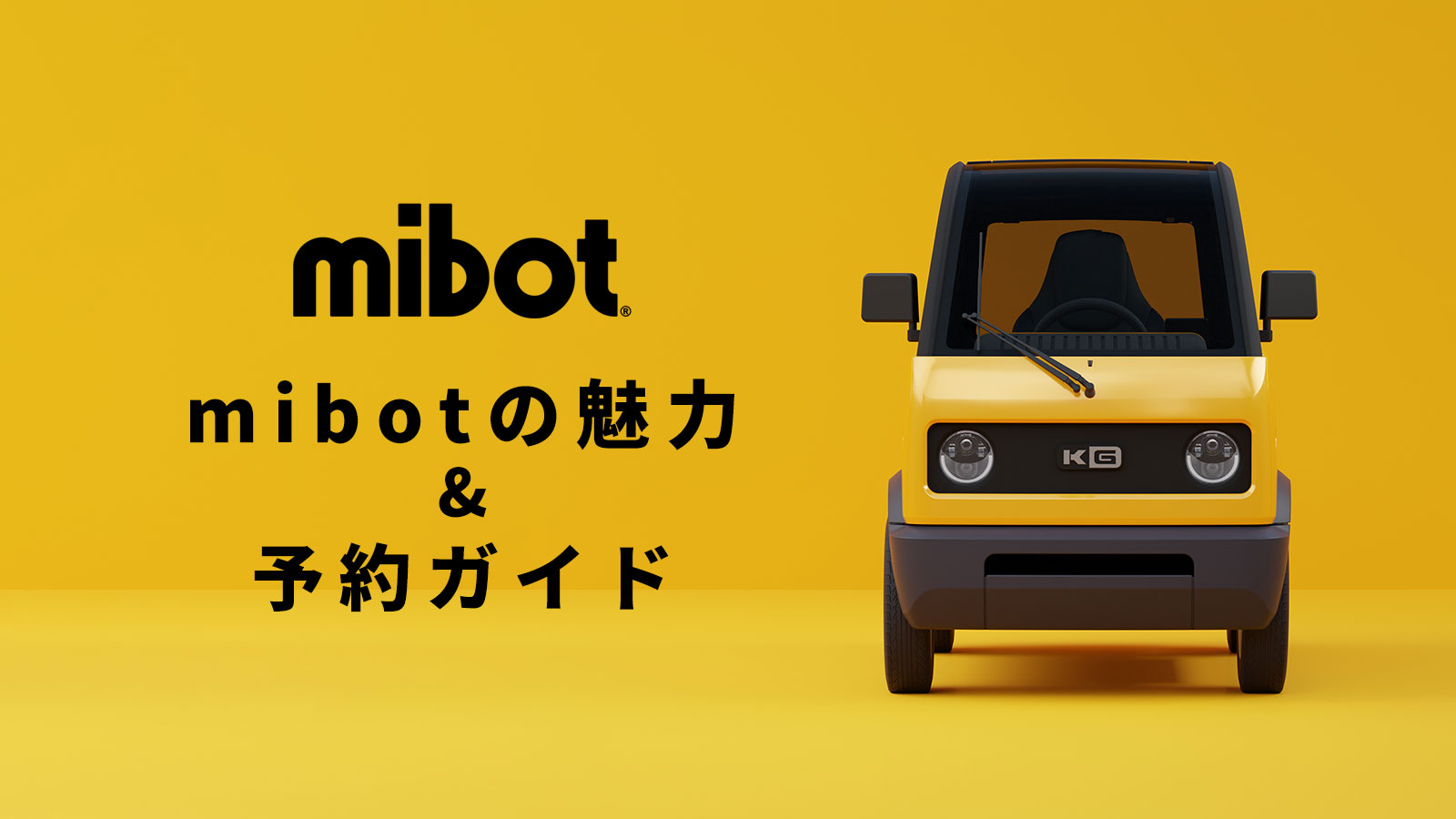FTC's Appeal Against Microsoft's Activision Buyout

Table of Contents
The FTC's Arguments Against the Merger
The FTC's core argument against the Microsoft-Activision merger rests on concerns about potential monopolistic practices and stifling of competition.
Concerns about Monopoly Power
The FTC argues that allowing Microsoft to acquire Activision Blizzard would grant them undue control over the gaming market, creating a near-monopoly. This concern is particularly focused on the immensely popular Call of Duty franchise.
- Stifled Competition: The FTC fears that Microsoft could leverage its control of Call of Duty and other Activision Blizzard titles to stifle competition from other gaming companies, ultimately leading to higher prices for consumers.
- Limited Choice and Innovation: A lack of competition can hinder innovation. By controlling major franchises, Microsoft could potentially limit the development of innovative new games and features.
- Exclusion of Competitors: The FTC worries that Microsoft might make Activision Blizzard games exclusive to its Xbox ecosystem, hindering competitors like Sony PlayStation and Nintendo Switch.
- Harm to Game Developers and Publishers: A dominant player in the market can exert unfair pressure on smaller developers and publishers, potentially limiting their opportunities and creativity.
Impact on Game Streaming Services
Beyond console gaming, the FTC expresses concerns about the impact on the burgeoning game streaming market. They argue that Microsoft could use Activision's games to dominate this sector as well.
- Exclusive Content Limiting Access: Microsoft could make Activision games exclusive to its own streaming service, Xbox Cloud Gaming, thus limiting consumer access on competing platforms like PlayStation Plus and GeForce Now.
- Unfair Competition: This exclusive access could create an unfair advantage, potentially driving competitors out of the market.
- Restricting Access on Competing Platforms: The FTC worries Microsoft could deliberately restrict access to Activision games on competing streaming services, harming those services' viability.
Microsoft's Defense of the Acquisition
Microsoft counters the FTC's claims by arguing that the acquisition will actually benefit gamers and increase competition.
Commitment to Fair Competition
Microsoft has repeatedly insisted that the merger will expand access to games and foster innovation.
- Maintaining Call of Duty Availability: Microsoft has pledged to maintain Call of Duty availability across multiple platforms, including PlayStation, to counter the FTC's concerns about exclusivity.
- Encouraging Innovation: They contend that combining the resources and expertise of both companies will lead to the creation of new and exciting games.
- Resource and Expertise Combination: Microsoft highlights the synergistic benefits of combining their development capabilities with Activision Blizzard’s established franchises and talented teams.
Addressing FTC Concerns
To address the FTC's concerns, Microsoft has offered several concessions and outlined plans to ensure fair competition.
- Long-Term Call of Duty Agreements: Microsoft has proposed long-term agreements to guarantee the continued availability of Call of Duty on PlayStation.
- Investment in Game Development: They've pledged substantial investments in game development and infrastructure to further promote innovation within the industry.
- Collaboration with Other Gaming Companies: Microsoft has expressed intentions to collaborate with other gaming companies, suggesting a commitment to a more open and competitive market.
Potential Outcomes and Implications
The outcome of the FTC's appeal against Microsoft's Activision buyout holds significant implications for the entire gaming industry.
Impact on the Gaming Industry
This case sets a critical precedent for future mergers and acquisitions in the tech sector.
- Increased Regulatory Scrutiny: The appeal could lead to increased regulatory scrutiny of large tech acquisitions, particularly in the gaming industry.
- Stricter Antitrust Enforcement: The ruling might result in stricter antitrust enforcement, impacting how future mergers are evaluated.
- Impact on Game Development and Distribution: The decision could fundamentally alter the future development and distribution of video games.
Effects on Gamers
The ultimate effect on gamers will hinge on the court's decision and its long-term consequences.
- Price Changes: The merger could lead to changes in the prices of games and subscriptions.
- Access to Games and Platforms: Gamers' access to specific games and platforms could be affected depending on the outcome.
- Competition and Innovation: The level of competition and innovation within the gaming industry will be significantly shaped by the court's ruling.
Conclusion
The FTC's appeal against Microsoft's Activision buyout represents a watershed moment for the gaming industry. The outcome will profoundly influence how future mergers and acquisitions are assessed and potentially reshape the competitive landscape of the market. Understanding this complex legal battle is crucial for anyone invested in the future of gaming. Stay informed about further developments in the FTC's appeal against Microsoft's Activision buyout and its implications for the future of gaming. Keep an eye out for updates on this pivotal case.

Featured Posts
-
 Schools Closed Again Winter Weather Impacts Continue
May 30, 2025
Schools Closed Again Winter Weather Impacts Continue
May 30, 2025 -
 Hl Stnjh Alatfaqyat Aljdydt Fy Hl Azmt Almyah Byn Alardn Wswrya
May 30, 2025
Hl Stnjh Alatfaqyat Aljdydt Fy Hl Azmt Almyah Byn Alardn Wswrya
May 30, 2025 -
 The Mibot And Kg Motors A Japanese Electric Vehicle Breakthrough
May 30, 2025
The Mibot And Kg Motors A Japanese Electric Vehicle Breakthrough
May 30, 2025 -
 Forensic Analysis Of A Serial Killers Death Bath The Six Victims
May 30, 2025
Forensic Analysis Of A Serial Killers Death Bath The Six Victims
May 30, 2025 -
 Unveiling The Untold Story Exploring The Potential Of A Second Pacific Rim Film
May 30, 2025
Unveiling The Untold Story Exploring The Potential Of A Second Pacific Rim Film
May 30, 2025
